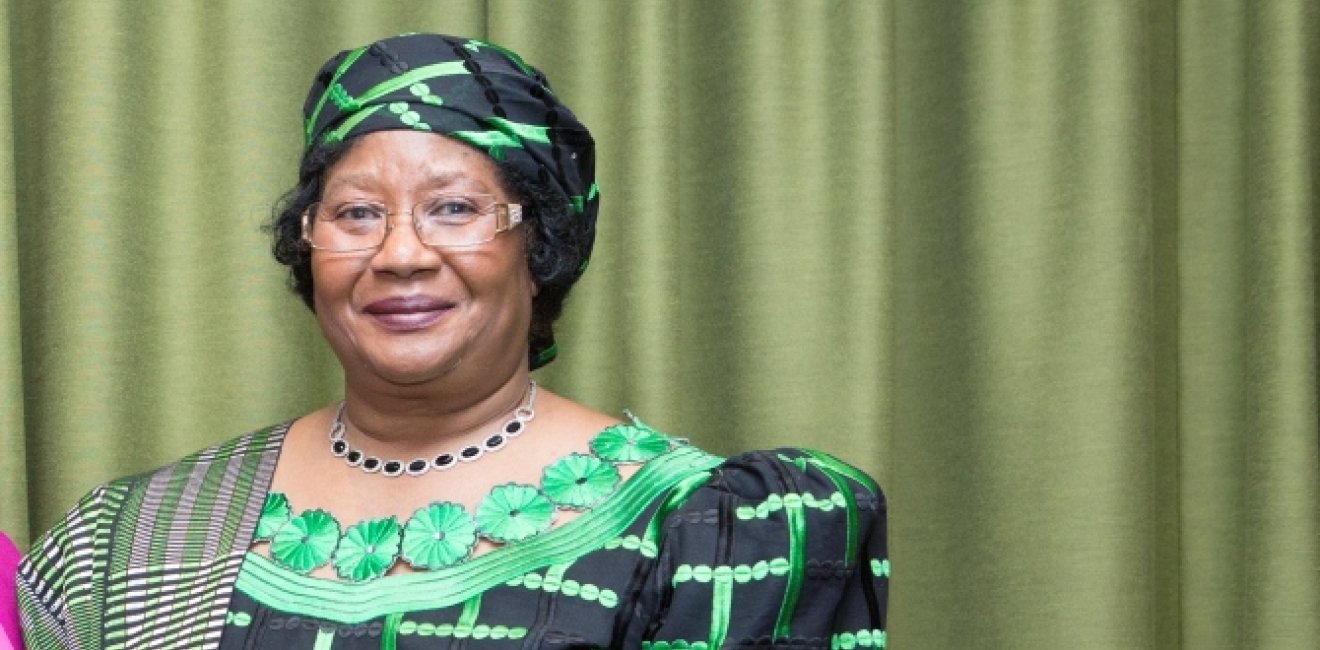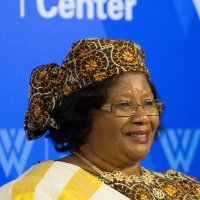Reclaiming Our Place at the Table: Empowering African Women Leaders
We are calling for a return to the tradition, as old as Africa itself, of respecting and venerating women as leaders. And we must act now.
We are calling for a return to the tradition, as old as Africa itself, of respecting and venerating women as leaders. And we must act now.

In Africa, we know something about powerful women.
The history of African women working, fighting and ruling alongside men stretches back thousands of years. Queens like Cleopatra of Egypt, Nzinga M’Bandi of Angola, and Taytu Betul of Ethiopia, spiritualist leaders like Nehanda Charwe Nyakasikana of Zimbabwe, legendary chieftains like Yennega of Burkina Faso, and numerous other women led Africa long before colonization. Thus, as the women of Africa rise to become leaders again, we must remember it is not a new phenomenon. These women are merely asking to reclaim their place at the table that they lost with the rise of colonialism.
During the period of colonial rule in Africa, women became increasingly disenfranchised by the patriarchal structures of Western Europe. Communities across Africa were forced to change their practices surrounding gender until the independence movements of the 1950s and 60s when African women rose to the occasion and fought gallantly with the men of their countries. Women like Rose Chibambo of Malawi, Graca Machel of Mozambique, and Winnie Mandela of South Africa helped lead their people to freedom.
We Need More Women Leaders
Women only hold 22.8% of parliamentary seats worldwide, only 17% of ministerial positions (in 2015), and are only 19 of the world’s Heads of State and Heads of Government. And yet, half of the world’s population is female. And the last time I checked, women also brought the other half of the population into this world.
Even with its long and rich history of women leaders, much of Africa still struggles with issues of gender equality, in government, education, health and the economy. To improve the status of women, girls, and rural communities more women need to be represented in the decision-making processes. When I became President, I knew this and immediately appointed dozens of highly qualified women to positions that had never been held by women in Malawi: Chief Justice, Head of the Civil Service, Solicitor General, and many others. During my presidency, I made 100 of these appointments and the Malawian government was closer to gender parity than ever before.
The Challenges Women Face
And yet, in many parts of Africa, women who are considering become leaders and public servants face a number of challenges.
● Poor Treatment of Women in Office: Women running for political office and public service positions are disproportionately the targets of threats, character assassination, and acts of sexual and physical violence. As a result, many young women who see this are choosing not to run for office.
● Lack of investment: In many countries, women are not economically empowered enough to stand for office on equal ground with men and conduct grassroots campaigns effectively.
● Lack of effective training: The trainings that many African women receive when they run for and are elected to office are often written and taught from a western perspective. Without taking into account the unique cultural idiosyncrasies of African communities, these trainings are not effective.
● Lack of male involvement and support: In many African countries, women leaders struggle to find male allies.
For some, these challenges are minor stumbling blocks on their way to success, but for others they are insurmountable. Below are what I see as the three most effective ways that African countries can empower women to overcome these challenges to take part in politics and public service.
1) Mainstream rights in education and civic education
Until women and girls are given the respect and human rights they deserve, they cannot reach their full potential as leaders. To accomplish this, civic and rights education tailored to African culture must be mainstreamed into African educational systems. We must help our people realize that women are powerful; they bring life into this world, they raise much of Africa’s population; they grow, store, process and cook the food which feeds their nations. All Africans must be sensitized on women’s worth and the importance of their participation in public service.
2) Enlist the help of men, especially traditional leaders and chiefs
Across Africa, community leaders and chiefs, many of whom are men, are gatekeepers of traditional beliefs and practices. Their influence on their communities cannot be underestimated. These leaders’ influence can be used not just to encourage and facilitate women as leaders but also for a number of other causes that require a change of beliefs to enable women: improving maternal health practices, increasing girls’ education, ending gender-based violence, etc. Men must play a role in this fight.
3) Form women’s networks
Women need to see that their fellow women support them. In Malawi, the National Gender Coordinating Network brings together women from different sectors to support female candidates for office and female politicians currently in office. This unity is a crucial step towards empowering women to realize that they can and must stand for election.
4) Support Female Candidates Financially
To promote and facilitate the campaigns of women the international community should commit financial support to grassroots campaigns of female candidates. One successful example of this is the Norwegian government’s partnership with UNDP in Malawi to support female candidates for public office. This partnership has supported women in the last 3 elections and as a result the proportion of women in the Malawian parliament has nearly doubled in the last 20 years.
African women, as I began, have always been leaders. What we are saying here is nothing radical or new. We are calling for a return to the tradition, as old as Africa itself, of respecting and venerating women as leaders. And we must act now. Africa is the continent of youth, development and the future. If we do not work to empower African women now, they will be left further behind than ever. As someone in Africa once told me, unless you claim your seat at the table, you will remain an item on the menu.
The opinions expressed here are solely those of the author.


The Global Women’s Leadership Initiative has hosted the Women in Public Service Project at the Wilson Center since June, 2012. The Women in Public Service Project will accelerate global progress towards women’s equal participation in policy and political leadership to create more dynamic and inclusive institutions that leverage the full potential of the world’s population to change the way global solutions are forged. Read more


The Africa Program works to address the most critical issues facing Africa and US-Africa relations, build mutually beneficial US-Africa relations, and enhance knowledge and understanding about Africa in the United States. The Program achieves its mission through in-depth research and analyses, public discussion, working groups, and briefings that bring together policymakers, practitioners, and subject matter experts to analyze and offer practical options for tackling key challenges in Africa and in US-Africa relations. Read more




